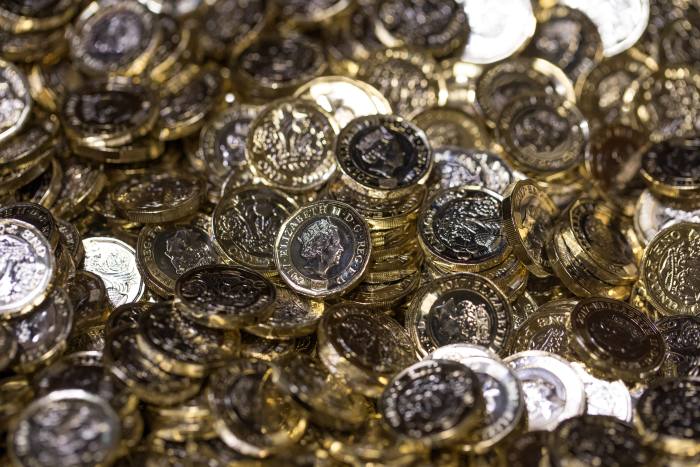
Hargreaves Lansdown is set to make £200mn in the next year as a result of higher interest rates that are not being passed onto customers in their entirety.
In a trading update earlier this month (October 17), the direct-to-consumer platform raised its overall revenue margin guidance, driven by a rise in cash margins of between 130 and 150 basis points due to the increase in interest rates in the wider market.
Some 13 per cent of the £116.8bn of consumers’ assets on the platforms are held in cash, totalling £15.1bn, as of June 30 this year according to the FTSE 100 company's own figures.
Hargreaves Lansdown's guidance means it is able to lend that money out to the market with a rate of interest around 1.3-1.5 per cent higher than the rate it passed onto customers.
The platform will take that amount, equal to £200mn, as profit.
Banks have also been criticised recently for not passing on interest rates to savers.
But Hargreaves Lansdown said it actively contacts clients when they are holding too much cash for too long and said it prioritises protection its clients.
Also not all direct-to-consumer platforms offer accounts which share interest with their clients.
Rising cash holdings
The profit rise is the result of both higher interest rates and more investors' assets sitting in cash on the platform.
In times of market volatility, as has been experienced in global markets since the start of the year, investors tend to hold more of their assets in cash, with Hargreaves Landsdown's clients increasing their cash exposure from 10 per cent in June last year to 13 per cent this year.
Platform customers follow this trend, choosing to allow income to accumulate in cash instead of re-investing it.
Tough economic times will also encourage investors to top up their tax-free allowances, putting money into wrappers such as Isas without immediately investing the money.
Mike Barrett, director at the Lang Cat, said that we are in a “perfect storm” for investors.
Two or three years ago interest rates were so low that the marginal difference between what platforms were charging and the rate a saver could get elsewhere in the market was “virtually nothing”, he said.
“The customer impact, which is the most important thing, was fairly minimal, and the revenue generation [for platforms] was fairly minimal as well.”
It’s now worth customers’ time to find the best rates elsewhere in the market, Barrett added.
“Cash will always be the bedrock of any financial plan, [but platforms] tend not to be the best place to hold cash for the long term,” he said.
Hargreaves Lansdown does not apply platform charges for holding, adding or withdrawing cash, and a spokesperson for the company said it actively communicated with clients when they were holding too much cash for too long, to improve their outcomes through its “better investors” campaign.





